Russian bees
geraldo
18 years ago
Related Stories
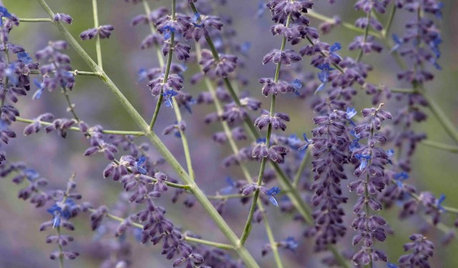
SPRING GARDENINGGreat Design Plant: Russian Sage
Silvery stems in winter and a haze of purple blooms in spring and summer make this spiky plant a year-round performer in the garden
Full Story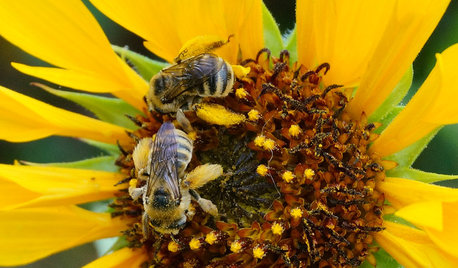
EARTH DAY12 Entertaining ‘Bee-haviors’ of Native Bees
The parade of pollinator antics is another reason to create a garden that nurtures native bees
Full Story
GARDENING FOR BUTTERFLIESGardening for the Bees, and Why It’s a Good Thing
When you discover how hard bees work for our food supply, you may never garden without them in mind again
Full Story
FARM YOUR YARDHello, Honey: Beekeeping Anywhere for Fun, Food and Good Deeds
We need pollinators, and they increasingly need us too. Here, why and how to be a bee friend
Full Story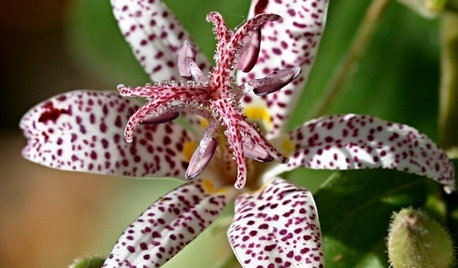
SUMMER GARDENING10 Perennials to Extend Your Garden's Summer Color
Revive summer-weary gardens with outstanding late bloomers such as toad lily, Russian sage, blanket flower and more
Full Story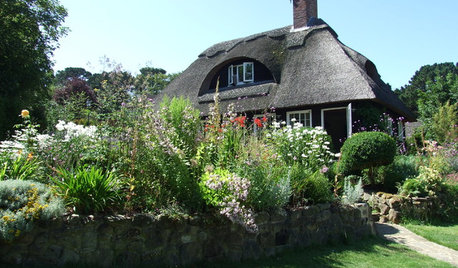
LANDSCAPE DESIGNHow to Create a Cottage-Style Garden
If you like an abundance of plants — and visits from birds, bees and butterflies — this may be the style of yard for you
Full Story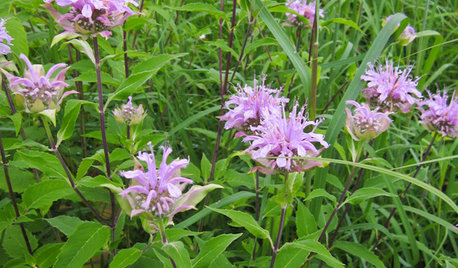
NATIVE PLANTSGreat Design Plant: Wild Bergamot, Friend of Foragers
Nourish butterflies and other winged creatures with the tubular flowers of Monarda fistulosa, a pretty pink native
Full Story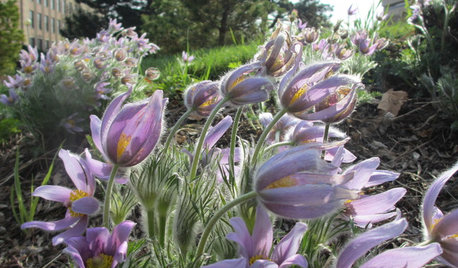
GARDENING GUIDES6 Plants That Beat Butterfly Bush for the Wildlife Draw
It's invasive, a nonnative and a poor insect magnet. Check out these better alternatives to butterfly bush in the garden
Full Story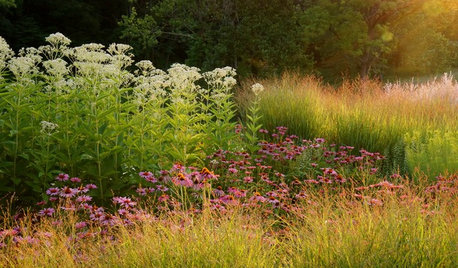
GARDENING FOR BUTTERFLIESGarden for Wildlife to Reap Rich Rewards
When you plant with animals and insects in mind, you make gardening easier, the planet healthier and yourself more present
Full Story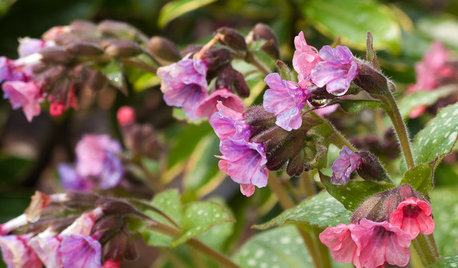
GARDENING FOR BUTTERFLIESGreat Design Plant: Lungwort
Yes, the name is unfortunate. But the flowers and foliage are delightful, and this perennial is easy to grow and shunned by deer
Full Story





txbeeguy
geraldoOriginal Author
Related Professionals
Windham Landscape Architects & Landscape Designers · East Rancho Dominguez Landscape Architects & Landscape Designers · Saint Charles Landscape Architects & Landscape Designers · Saint Louis Park Landscape Architects & Landscape Designers · Zion Landscape Architects & Landscape Designers · McKinney Landscape Contractors · Barrington Landscape Contractors · Cicero Landscape Contractors · Dallas Landscape Contractors · Elkridge Landscape Contractors · Huntley Landscape Contractors · Midland Landscape Contractors · Milton Landscape Contractors · Wheat Ridge Landscape Contractors · Woodburn Landscape Contractorstxbeeguy
geraldoOriginal Author
sweetmason
mdm106_yahoo_com
Konrad___far_north